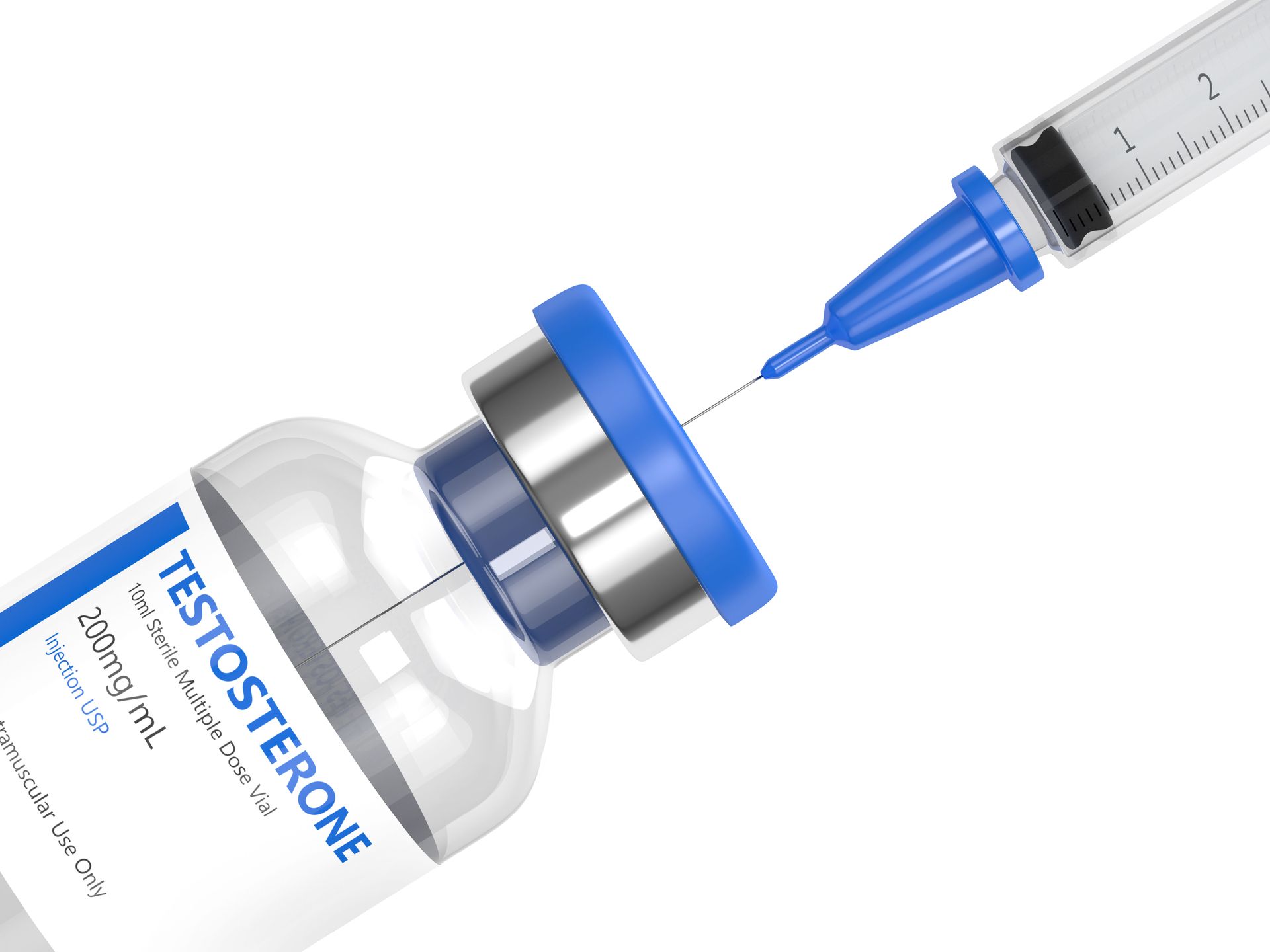What to Know About Peptide Therapy
In recent years, peptide therapy has garnered considerable attention in the fields of anti-aging and wellness. Peptides are essentially short chains of amino acids that play key roles in various biological functions. The therapeutic potential of these molecules is vast, ranging from weight loss to muscle repair and even cognitive enhancement. However, as with any emerging treatment, understanding its mechanisms, benefits, and potential risks is crucial. This blog aims to shed light on the essential aspects of peptide therapy so you can make an informed decision if you're considering it. Peptides are smaller versions of proteins that act as signaling molecules in the body, instructing other cells and molecules on what actions to take. Unlike larger protein molecules, peptides are more easily absorbed by the body, making them highly effective in therapeutic applications. Their functions can vary widely, from promoting collagen production to boosting metabolism and enhancing cognitive function. Understanding their fundamental role sets the stage for appreciating how peptide therapy can be beneficial.
Applications in Weight Loss
One of the most talked-about benefits of peptide therapy is its role in weight loss. Specific peptides can regulate metabolism and influence appetite control, facilitating effective weight management. According to the CDC, even a modest weight loss of 5% to 10% of your total body weight is likely to produce health benefits, such as improvements in blood pressure, blood cholesterol, and blood sugars. Thus, peptide therapy can play a significant role in achieving these health milestones.
Muscle Repair and Growth
Athletes and fitness enthusiasts are increasingly turning to peptide therapy for muscle repair and growth. Peptides can stimulate the release of growth hormones, thereby accelerating tissue repair and promoting muscle hypertrophy. This makes them an attractive option for anyone looking to enhance their physical performance or recover from injuries more quickly. The efficiency and specificity of peptide-based treatments provide compelling advantages over traditional supplements.
Cognitive Enhancement
In addition to physical benefits, peptide therapy may offer mental and cognitive advantages. Certain peptides have been shown to promote neuroplasticity and protect against neurodegenerative conditions. By enhancing neurotransmitter function and reducing inflammation in the brain, these peptides can help improve mental clarity, memory, and even mood. This opens up new therapeutic avenues for treating conditions like depression, anxiety, and age-related cognitive decline.
Safety and Considerations
Despite the potential benefits, peptide therapy is not without its risks. Since peptides can target specific biological pathways, improper use may lead to unintended side effects such as immune reactions or hormonal imbalances. It's critical to undertake this therapy under the supervision of a qualified healthcare provider. Additionally, as research continues to evolve, staying informed about new findings and guidelines will help you make optimal health decisions.
Skincare and Anti-Aging Benefits
Peptide therapy is also gaining popularity in the realm of skincare and anti-aging. Peptides, such as collagen-stimulating peptides, can improve skin elasticity, reduce wrinkles, and promote a more youthful appearance by boosting collagen production. Collagen is a key protein that maintains skin structure, and as we age, its production naturally declines. Peptide-infused skincare products and treatments can effectively address this by signaling the skin to produce more collagen, leading to smoother, firmer skin. As a result, peptide therapy has become a cornerstone in many anti-aging regimens.
Improving Immune Function
Another exciting area of peptide therapy is its potential to boost immune function. Certain peptides, such as Thymosin Alpha-1, play a crucial role in modulating immune responses, helping the body fight infections and diseases more efficiently. This has made peptide therapy a subject of interest for those looking to strengthen their immune systems, particularly in the wake of increasing global health challenges. Early research suggests that peptide therapy could be an adjunct treatment for autoimmune conditions, infections, and could even enhance the body's response to vaccines.
The Future of Peptide Therapy
Looking ahead, the future of peptide therapy is filled with potential. As scientific understanding of these molecules grows, so does their applicability in treating a wide range of health conditions. Researchers are exploring peptides for managing conditions like diabetes, chronic inflammation, and even cancer.
Peptide therapy offers a promising range of benefits, from weight loss and muscle repair to cognitive enhancement. These small but powerful molecules can significantly impact various aspects of health and wellness. However, it is important to approach this therapy with caution and under professional guidance. Staying informed and vigilant will help you take full advantage of this fascinating treatment option, maximizing benefits while minimizing risks. Be sure to reach out to Dr. Mark Neumann today for more information on our professional peptide therapy!











Share On: